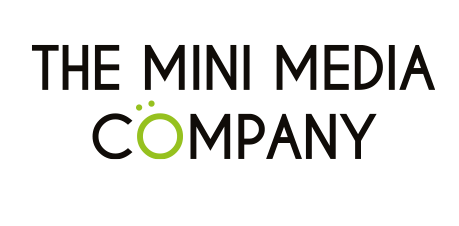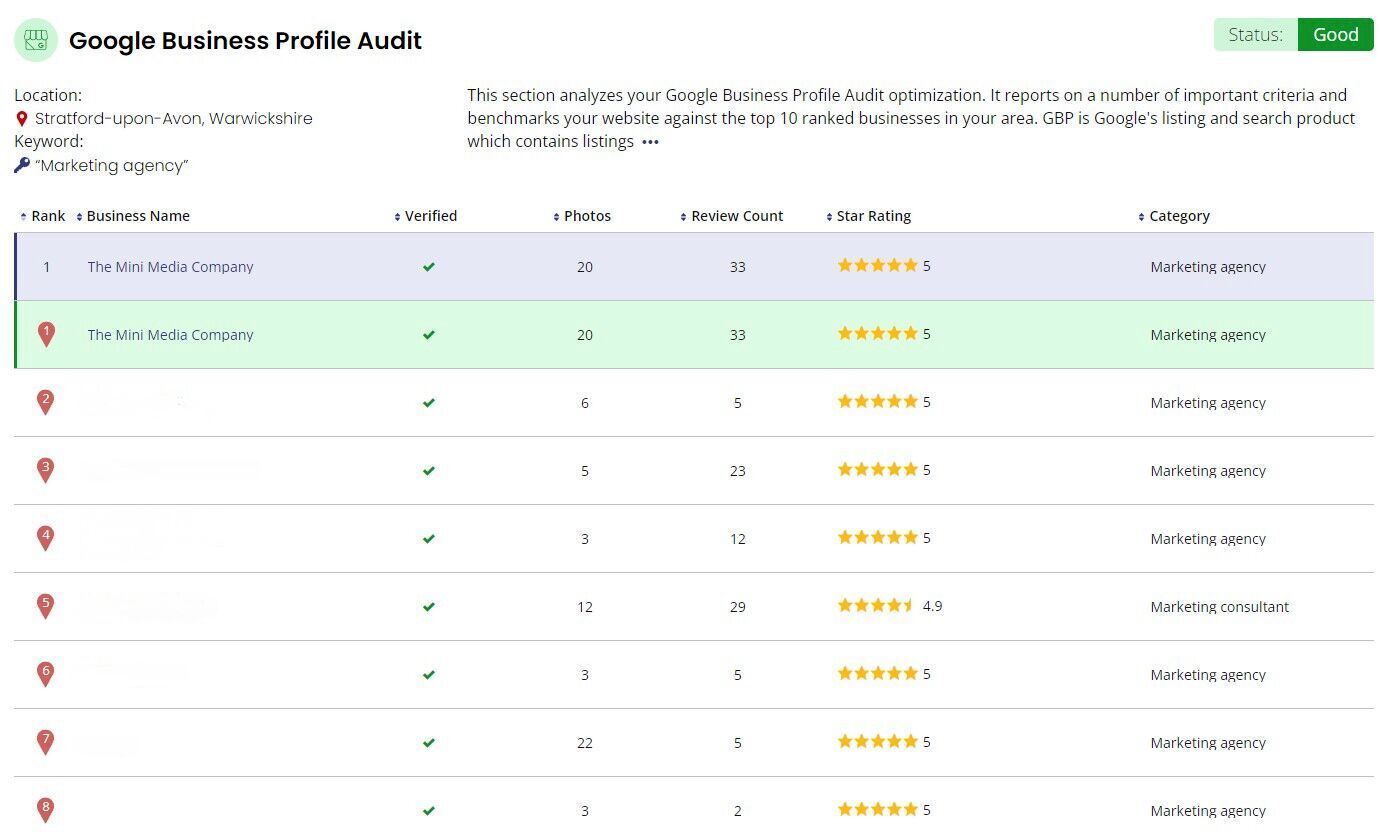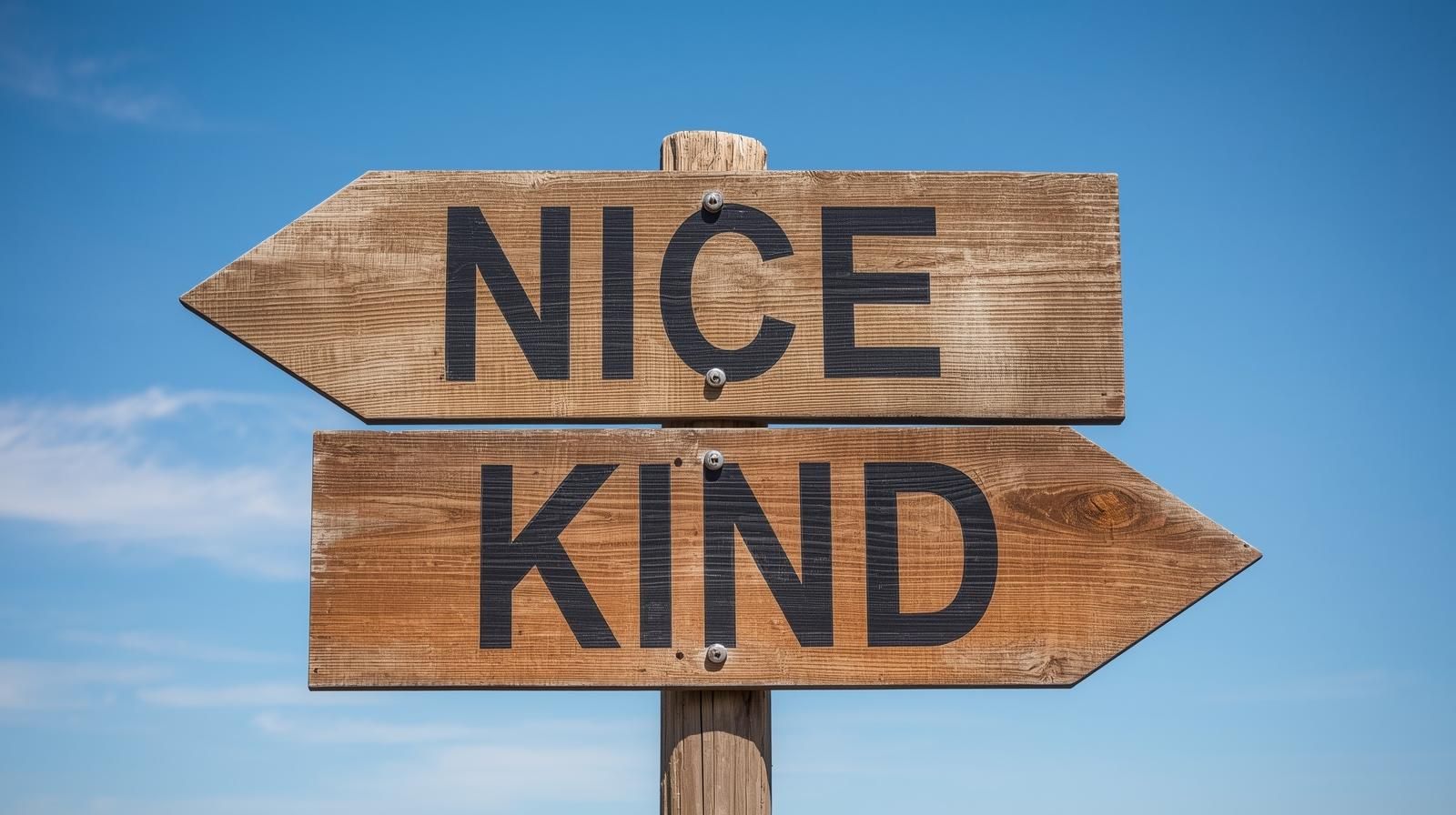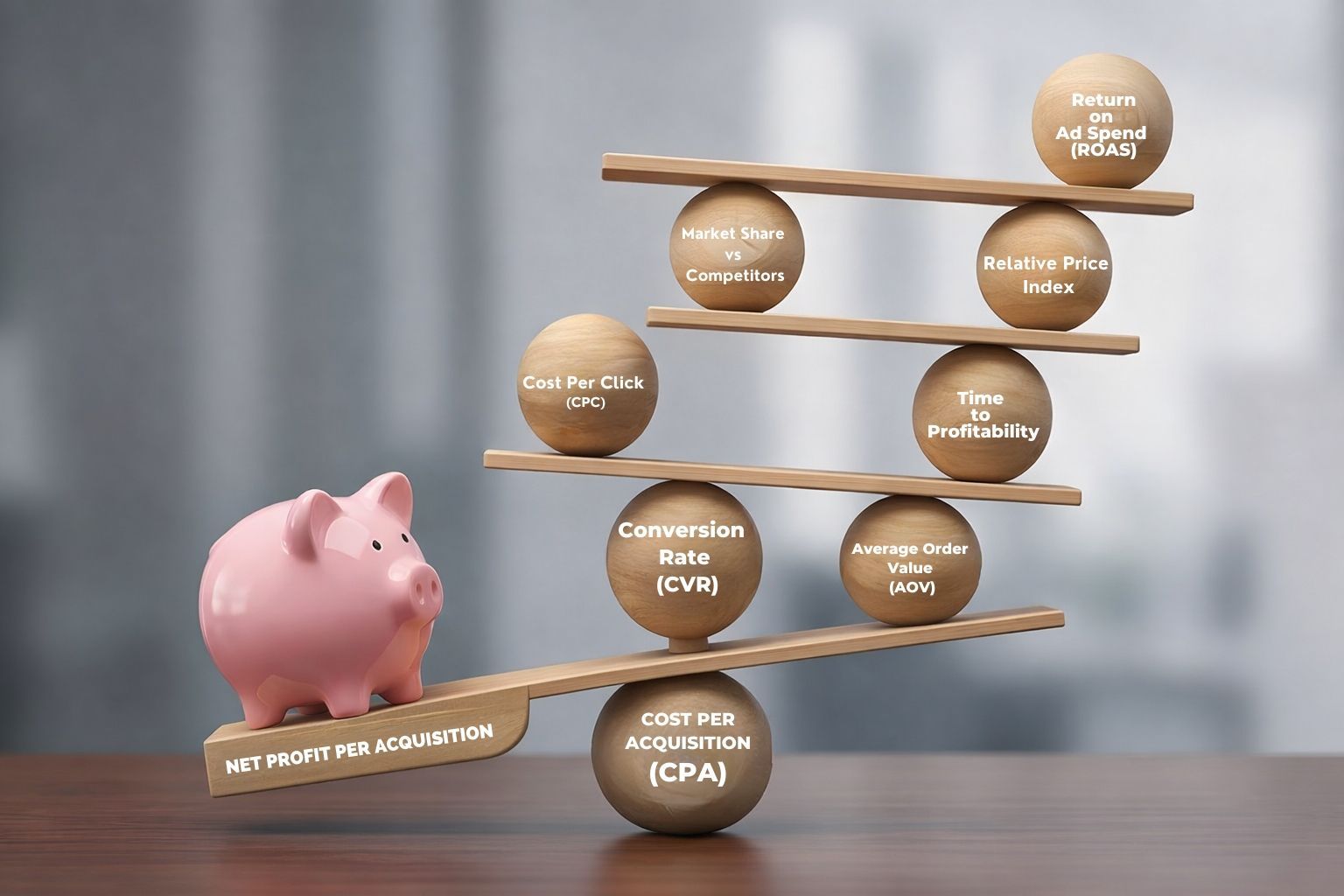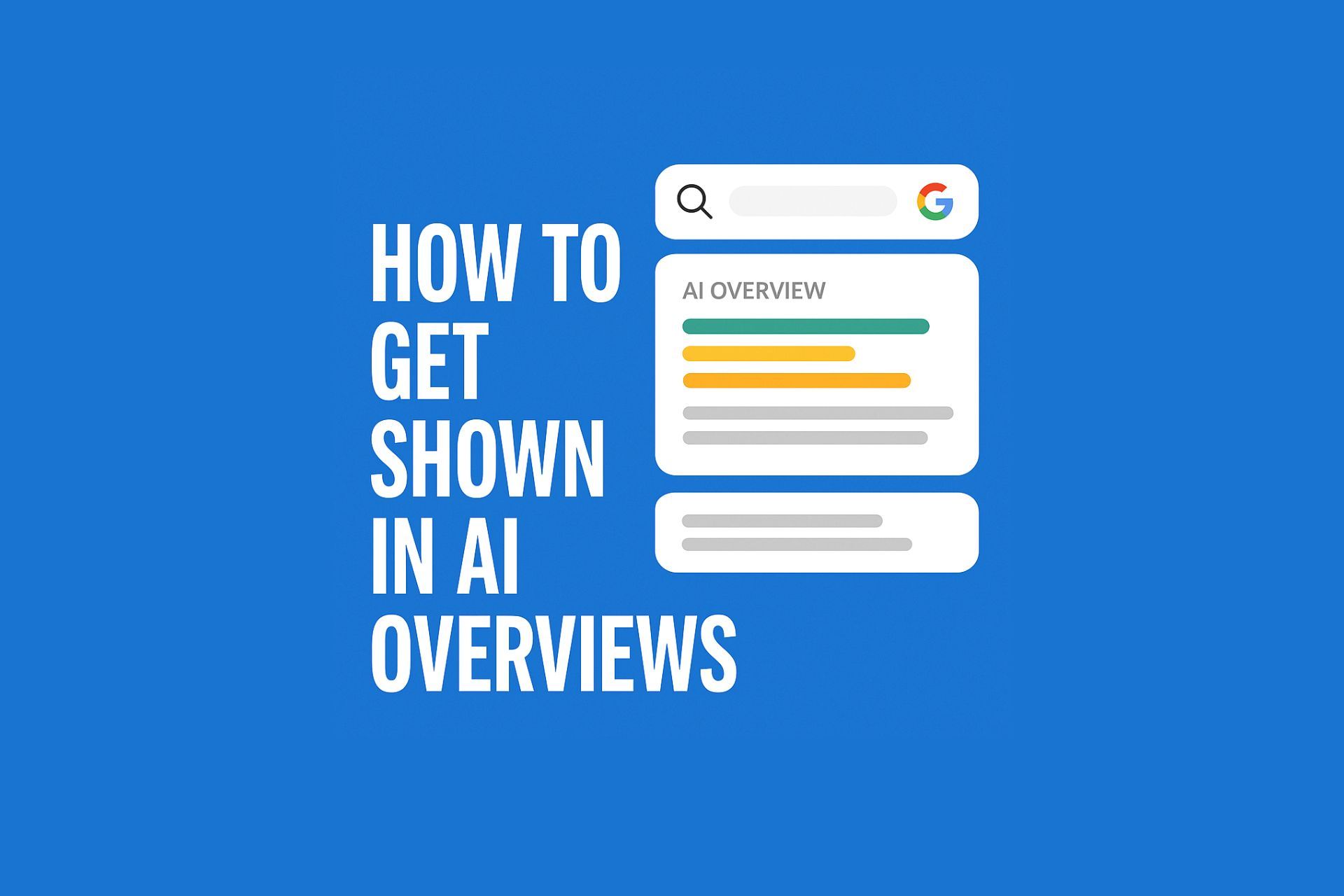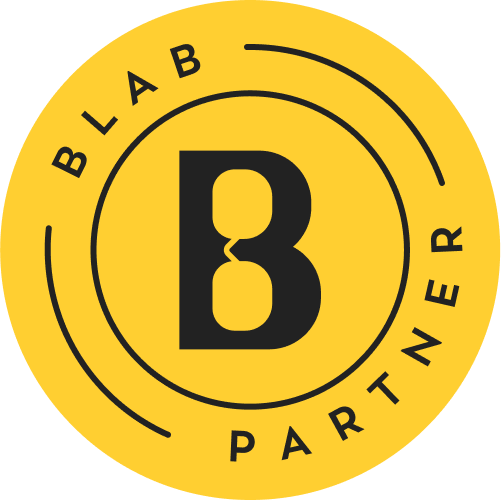Why is my new website not showing or ranking
One thing that frustrates a lot of website authors is when their site is not showing up on Google.
You spent hours building it, got eye-catching graphics and pictures and content, but then you see your pages receiving no impressions or showing up in searches. Here's how to find out why your site is not ranking well.
People will continue to search online, and businesses need to be findable. The more sites that carry your business information, the better your chances are of a first-page ranking. Google has its own rules for local business pages, but almost every other directory is happy to accept your information and link back to you. Use our free Local SEO Tool to help
The website has only been published for a few days.
If you have only published your site for a few days, then it is likely that Google hasn't crawled it yet. You need to wait until the search engine has had time to make its first pass through your site and index all of its pages.
The pages are blocked so cannot be indexed by Google.
If you have blocked any of your pages, for example with robots.txt, then Google cannot crawl them and index them. You should unblock these pages so that they can be crawled and indexed by Google. The content on the page is not what Google wants to show in its search results.
If you have created a website about penguins but it contains nothing about penguins except for one sentence in a paragraph at the bottom of one page, then this is unlikely to show up well in searches for penguins.
You will need to build high quality backlinks
If you have a new website, it's not going to rank on Google. Why? Because it's new! The first step is to build high quality backlinks.
You need to build backlinks from other websites (not your own). This means creating content and sharing it on social media platforms and elsewhere online. That's how you get links — by sharing your content.
There are plenty of ways to do this, but here are some ideas:
- Write guest posts for other blogs in your niche.
- Comment on industry blogs/forums and get involved in conversations there.
- Use social media to share useful resources like infographics, videos, etc., that relate to your business.
- Create useful guides/eBooks/reports that people can download for free (with an opt-in box at the end).
Use aggregators to get your business listed in relevant directories
In other words, the primary benefit of using a directory is not just getting a direct link to your website, but having that citation with an aggregator. This comes with a number of other benefits, including higher search engine rankings and better local search results. If you have time, create profiles on as many local directories as possible—but don't forget about the importance of global sites for inclusion in citation specialist products. Use our listing services for speed of listing your business HERE
Your domain/ website pages needs more authority.
Websites are ranked in the search engine results using a number of factors, including the age of the domain and its content, as well as sites linking to it. In order to improve your rankings, you need to build links to your site from other websites.
Your web page is not relevant to search content & other factors
The most important aspect of your website is the content on your site. This refers to the text and other information that is displayed on the page, as well as how it is formatted. You need to make sure that your site has relevant, high quality content that can be found by search engines. This means that you should not use keywords just for the sake of using them, but rather add them when they are relevant to your topic.
Your web page has no links to it from other sites.
One of the reasons that Google ranks web pages is because they have links pointing to them from other websites. When someone links to another website, it’s like saying “this website is important” or “this website has good information on it”. The more links you get from other sites, the higher up in the rankings you will be for specific search terms.
Your page does not load quickly enough for users on slow connections or devices with slower processors (such as mobile phones).
You have duplicated content on your website.
Duplicate content is a big problem for SEO.
Duplicate content is when the same piece of content appears in multiple locations on your site. This can happen for a number of reasons, but it can be very damaging to your website's ranking in search engines.
If you have duplicate content on your site, then you may have to wait until Google notices that there are more than one version of the page before it will treat them both as unique entities. This can take some time, so don't expect instant results.
Duplicate content can also lead you down a rabbit hole of trying to fix things that aren't actually broken, or even related to each other at all. You may find yourself removing text from one page only to discover later that Google thinks it belongs on another page!
You have been penalised by Google "Rarely happens".
It's possible that you have been penalised by Google. Generally this isn't something that happens overnight and requires a site to be on a good standing for some time before it happens.
The reasons behind penalties can vary, but they usually fall into one of the following categories:
- Low quality content
- Duplicate content
- Spam or black hat techniques
In Conclusion
Whether you're just starting out or trying to get your rankings up after a dip, it's important to take a holistic approach and remind yourself that results take time to flourish. This can be frustrating at times, but by creating a solid foundation, applying good ranking practices, and keeping your goals in mind, we believe that anyone can see improvement in their search rankings.
Best of luck!
